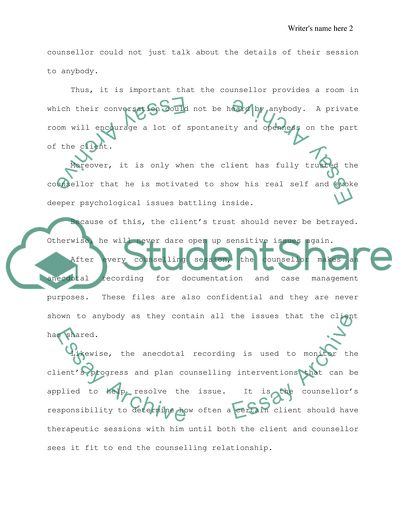Cite this document
(Professional and Organizational Issues in Counselling Article, n.d.)
Professional and Organizational Issues in Counselling Article. https://studentshare.org/psychology/1717565-unit-1-professional-and-organisational-issues-in-counselling-assignment-2500-words
Professional and Organizational Issues in Counselling Article. https://studentshare.org/psychology/1717565-unit-1-professional-and-organisational-issues-in-counselling-assignment-2500-words
(Professional and Organizational Issues in Counselling Article)
Professional and Organizational Issues in Counselling Article. https://studentshare.org/psychology/1717565-unit-1-professional-and-organisational-issues-in-counselling-assignment-2500-words.
Professional and Organizational Issues in Counselling Article. https://studentshare.org/psychology/1717565-unit-1-professional-and-organisational-issues-in-counselling-assignment-2500-words.
“Professional and Organizational Issues in Counselling Article”. https://studentshare.org/psychology/1717565-unit-1-professional-and-organisational-issues-in-counselling-assignment-2500-words.


